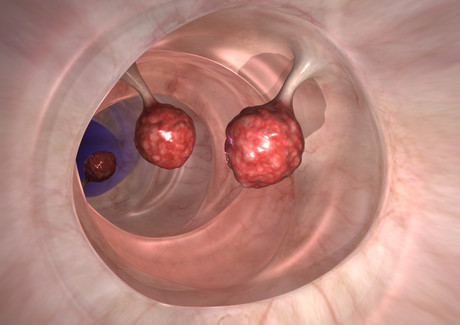New blood test is significantly more sensitive for bowel cancer than CEA

The innovation, known as Colvera, is the result of a collaboration between CSIRO, Flinders University and Clinical Genomics, who have today launched the product in the US.
Bowel cancer, sometimes referred to as colorectal cancer, accounts for more than 600,000 deaths worldwide each year, with almost 15,000 new cases diagnosed annually in Australia.
In 30–50% of cases the disease will recur, usually in the first two to three years following initial diagnosis and treatment.
The current method of monitoring for recurrence is through a blood test for CEA (carcinoembryonic antigen), together with CT scans and other clinical assessments.
"By providing clinicians with a new blood test that is more sensitive for recurrence than CEA, Colvera increases the likelihood of detecting curable recurrences of CRC, with the ultimate aim of saving lives," CSIRO Scientist Dr Trevor Lockett said.
Dr Lockett attributed the successful launch of Colvera in the US market to the longstanding collaboration between the three parties and the investment in research and development at an early stage.
"Today’s announcement is the result of a highly successful collaboration between the three organisations," he said.
"There was a clear alignment between Clinical Genomics with its product, CSIRO's technologies and the clinical expertise of Flinders University.
"It's a real success story of science partnering with industry to create impact and has provided an excellent learning opportunity for researchers to see science being applied with a business and intense product focus."
Clinical Genomics Colvera President and CEO Lawrence LaPointe said the test can indicate early molecular changes associated with cancer development.
"It is intended to provide physicians with actionable information that can trigger further clinical assessment, which may lead to improved outcomes," Dr LaPointe said.
According to Professor Graeme Young of Flinders Center for Innovation in Cancer, current professional guidelines recommend the combination of the test for CEA with regularly scheduled CT scans for detection of recurrence in bowel cancer patients.
"However, CEA has not proven to be as effective as we would like and is subject to false-positive results related to non-cancer events such as smoking," Professor Young said.
"Our study has shown that Colvera is significantly more sensitive for bowel cancer than CEA and as such provides us with an improved, simple test that increases the likelihood of detecting curable recurrence."
Colvera is now available in the USA through Clinical Genomics' Bridgewater New Jersey laboratory. It is hoped that Colvera will be available in Australia as early as next year.
Improving success rates: lactic acid in IVF
The co-author of research published in Biomolecules explains how the metabolism of the...
Hep C point-of-care test helps marginalised populations
A program using diagnostic technologies at the 'point of care' is helping combat...
Stigma around lung disease and cancer must go
Data from Lung Foundation Australia's Lived Experience Survey has showed the debilitating...











